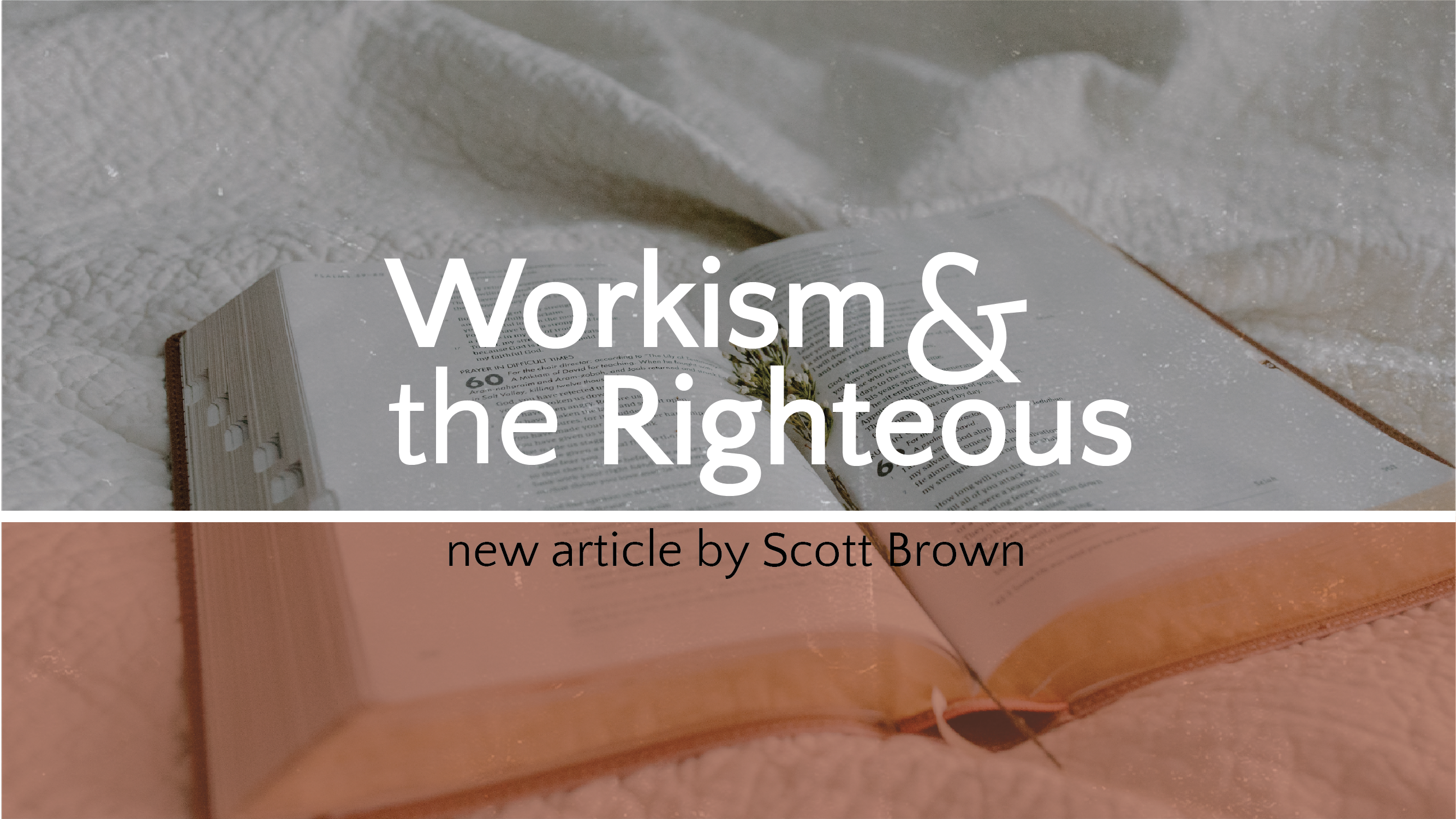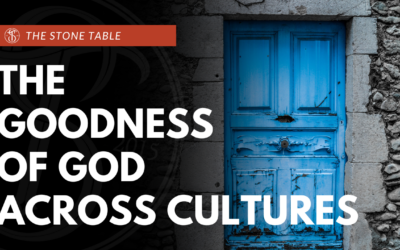Workism and the Righteous
Paul was described as a tentmaker in Acts 18:3; someone who labored hard with his hands and worked leather into creating tents. Realistically, he could have made a heck of a living off that. Not that I know the state of the economy then but consider the Jewish holiday of the Feast of Tents – thousands & thousands of Jews camping outside of Jerusalem all at once. Paul could have made a killing off selling his tents there! Workism would name Paul a tentmaker, but the Christ named Paul an apostle. Consider the source.
Workism (It’s Out of Context)
Paul was known as a hard worker, and workism is masquerading just a few notches beyond that. Imagine with me for a moment that Paul was more identified with his work as a tentmaker than with his work for the Gospel. Where would we be today if his work came first and the mission De came second? Where will our next generations be if we continue that same trend of workism today – work first, Gospel second?
In Acts 20:33-35, Paul is recorded as saying,
“I coveted no one’s silver or gold or apparel. You yourselves know that these hands ministered to my necessities and to those who were with me. In all things I have shown you that by working hard in this way we must help the weak and remember the words of the Lord Jesus, how he himself said, ‘It is more blessed to give than to receive.’”(ESV)
Paul directs our attention briefly to his physical work to demonstrate an example that he used his side work to provide for his own necessities to not make his needs a barrier to some receiving the Gospel. “These hands ministered to my necessities and to those who were with me”. Workism would put this at the center of Paul’s statement, but that would be wildly out of context. As workism does, it takes the context of work as worship and wrongly re-centers worship to be directed to your work. That makes Paul a tentmaker first and an apostle/messenger of Jesus second. Imagine that.
However, if we re-center our focus on the proper context, Paul also says “by working hard in this way we must help the weak and remember the words of the Lord Jesus…” This is a double pointer here because not only does it refocus our attention to the why of Paul’s hard work, but it also demonstrates the need to read the Scriptures in context. Workismtakes our life out of context.
Reading Through Workism
When we view Scripture through the lens of other Scripture, we see the full picture. We see what God is really saying. However, when we take pieces of the text outside of itself & its context, things get messy & misinterpreted. In the same way, reading our work out of its context opens the door for workism to infiltrate our perspective on life & labor. As we’ve said before, work is worship. Yet, if we read our lives out of the context of worship to Christ, we lose the main point of the message and fall victim to worshipping our work or selves through workism.
Just like Paul, we can do one or the other. His motive mattered in Acts 20:33-35. Even though he was doing good work, his heart posture was important (read more on that here). Paul constantly redirected attention to Jesus, giving glory to Him and the Father through Him in all that he did.
Consider the apostle’s words in 1 Corinthians 2:2,
“For I decided to know nothing among you except Jesus Christ and him crucified.”
That’s powerful. That’s a righteous outlook.
Righteous, man.
“Working out our salvation in fear & trembling” was never a call to earn our salvation in Philippians 2:12. That would be impossible, for we know that if keeping the law could have made us right with God, Christ had no reason to die (Galatians 2:21). So, we see that the attention was not meant to be on ourselves and us obtaining our worth, value, or right standing before God through the works of our own hands. Yet, that is exactly what workism so slyly promises to us: salvation.
Workism says that you can earn your way to being valued, worthy, and fulfilled. The Gospel says that because of Christ, you already are all those things.
“God made Him who had no sin to be sin for us, so that in Him we might become the righteousness of God.” (2 Corinthians 5:21, NIV).
It’s righteous to be defined by Christ and not by our work. It’s righteous to be fulfilled in the love of God and not in the workism that plagues our society. Work cannot save you, only Jesus can.
So, when it comes to being right with God, being the righteousness of God in Christ Jesus, it does not come through works of the flesh. It does not come through laboring with our hands, working longer hours, and telling ourselves that we’re doing something good by being away from our families and compartmentalizing our call to worship as followers of Jesus.
Workism may look promising, but the results are far from fruitful. The works of the law may have seemed good, but they held no power when it came to saving humanity.
The Call
How important is that one last task at the office? How important is it that you finish everything else before making your way back home tonight? These questions do not negate the Christian work ethic of promoting excellence, but they do draw attention to the salvific factors that are at work in our lives.
When we look back at Acts 20:34-35, we see that Paul labored for himself, for those around him, and even extra for the poor. First, wow, but second, how much good would that have done if he never did life with these people? What life bringing power do we give the Gospel if all we ever do is hand someone a check and never bear with them in their burdens?
What if our families are waiting for us to provide for them in a different way? Maybe our presence is more important than our paycheck.
Whether you’re a college student or a CEO, you have something to lay down at the feet of Jesus. Whether it’s workism or its self-righteousness, it must go to the foot of the cross. Christ died to restore us to right relationship with the Father, and that empowered us to love God, love people, and to live righteously by the power of the Holy Spirit.
Maybe the righteous aren’t recognized by their works, but by their proper worship. Just as Paul drew attention back to Jesus, back to his mission for Christ, let us be imitators of him and let that be our refocused priority.
Today, let the work become second and Christ become first. Let the power of the Gospel bring life to your work, restoring it as worship to God, and let the influence of workism go.
“Now the Lord is the Spirit, and where the Spirit of the Lord is, there is freedom.” (2 Corinthians 3:17).








